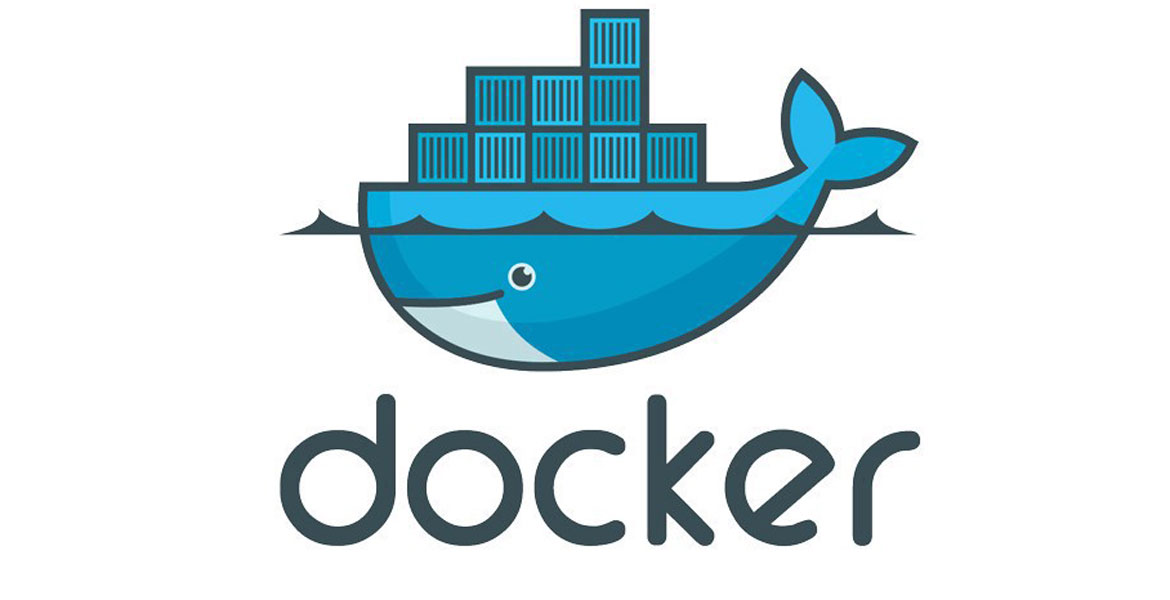Docker Installation

Source: GitHub Link
- Update the package list:
sudo apt-get update
- Install the necessary packages:
sudo apt-get install ca-certificates curl gnupg
- Create the directory for the repository keys:
sudo install -m 0755 -d /etc/apt/keyrings
- Download and add the Docker GPG key:
curl -fsSL https://download.docker.com/linux/debian/gpg | sudo gpg --dearmor -o /etc/apt/keyrings/docker.gpg
- Change the permissions of the GPG key:
sudo chmod a+r /etc/apt/keyrings/docker.gpg
- Add the Docker repository to the APT sources list:
echo "deb [arch=$(dpkg --print-architecture) signed-by=/etc/apt/keyrings/docker.gpg] https://download.docker.com/linux/debian $(lsb_release -cs) stable" | sudo tee /etc/apt/sources.list.d/docker.list > /dev/null
- Update the package list to include the Docker repository:
sudo apt-get update
- Install the necessary Docker packages:
sudo apt-get install docker-ce docker-ce-cli containerd.io docker-buildx-plugin docker-compose-plugin
Verify Docker Installation
- Check the status of the Docker service:
systemctl status docker
- If Docker is “active (running)”, enable the Docker service to start automatically after the machine reboots:
sudo systemctl enable docker
Useful Docker Commands
- docker ps -a: Shows all containers, including their status, creation date, age, name, and ID.
- docker stop <container_id> / docker rm <container_id>: Stops (stop) and removes (rm) a container by adding its ID.
- docker compose up -d: Runs the
docker-compose.ymlfile to start the containers in detached mode (-d).
Command Details
- docker ps -a: Displays all containers, whether running or stopped, with information such as:
- Container ID
- Image used
- Command executed
- Creation date
- Status (running, stopped, etc.)
- Exposed ports
- Container names
- docker stop <container_id> / docker rm <container_id>:
docker stop <container_id>: Stops a running container.docker rm <container_id>: Removes a stopped container.
Example:
docker stop 1a2b3c4d5e6f
docker rm 1a2b3c4d5e6f